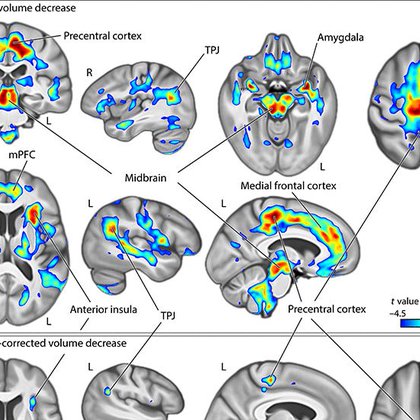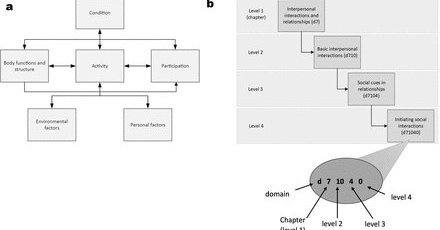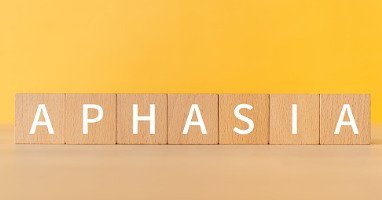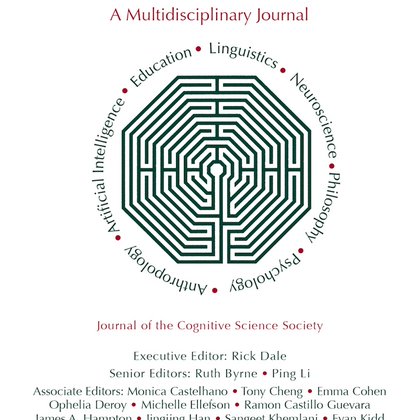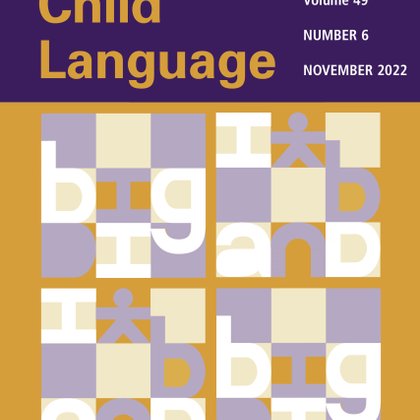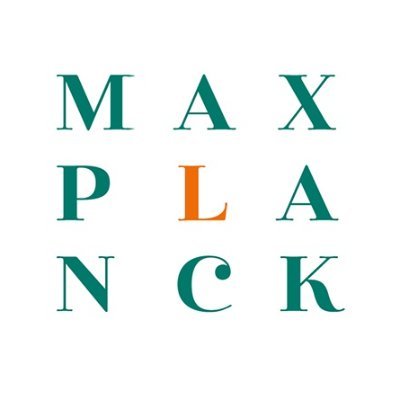
MaxPlanck-Psycholinguistics
@MPI_NL
Followers
13K
Following
3K
Media
779
Statuses
5K
This account will be achieved from 1 January 2025. Join us on Instagram or Bluesky (mpi_nl).
Nijmegen, The Netherlands
Joined June 2014
In 2025, the MPI will no longer be posting on X. For more updates, join us on Instagram or Bluesky (mpi_nl on both). We wish you the best for the new year!🥂🎆
1
1
10
Distinct impact modes of polygenic disposition to dyslexia in the adult brain. New paper by @neurosoren, Dick Schijven, Rogier B. Mars, @ProfSimonFisher & @ClydeFrancks
https://t.co/unyfiZLkDh.
science.org
Genetic disposition to dyslexia is associated with brain structure in the general population.
0
1
10
Tracking minds in communication. New paper by Paula Rubio-Fernandez, Marlene D. Berke & Julian Jara-Ettinger. https://t.co/HoaH4d9a0B . [pdf: https://t.co/1Xvjf1dM9a]
0
7
14
A conceptual framework for data harmonization in mental health using the International Classification of Functioning Disability and Health (ICF): An example with the R2D2-MH Consortium. New paper by Melissa Black & al. @bstpourcain
https://t.co/gGshk1OV0z
mentalhealth.bmj.com
Introduction Advancing research and support for neurologically diverse populations requires novel data harmonisation methods that are capable of aligning with contemporary approaches to understanding...
0
3
5
Parental attitudes and beliefs about mathematics and the use of gestures in children’s math development. New paper by Yılmaz & al. @DilayKaradoller
https://t.co/KMG9EJg9OB.
0
6
18
📝New blog post!📝 By 2050, around 2.5 billion people worldwide are expected to be impacted by hearing loss. In this blog @NaomiNota explores what’s really important in understanding spoken language, and speculates on sound solutions of the future! https://t.co/I64fwvgqyN
0
0
7
A cross-cultural comparison of aesthetic preferences for neatly organized compositions: Native Chinese- versus Native Dutch-speaking samples. Final version by Eline Van Geert, @RongD_ing & Johan Wagemans https://t.co/DSsq2ZfYyi… Paper:
journals.sagepub.com
Do aesthetic preferences for images of neatly organized compositions (e.g., images collected on blogs like Things Organized Neatly©) generalize across cultures?...
0
2
6
Iconicity and gesture jointly facilitate learning of second language signs at first exposure in hearing non-signers. Final version by @DilayKaradoller & al. @franciemanhardt , @ozyurek_a
https://t.co/yrQrq5GdM0
onlinelibrary.wiley.com
A one-page Accessible Summary of this article in nontechnical language is freely available in the Supporting Information online and at https://oasis-database.org
0
11
36
The Flu-ID: A new evidence-based method of assessing fluency in aphasia. New paper by Jean K. Gordon & @ShariceClough
https://t.co/GP8lkPJDQF Paper:
pubs.asha.org
Purpose: Assessing fluency in aphasia is diagnostically important for determining aphasia type and severity and therapeutically important for det...
0
3
13
Are you a Master’s student interested in machine learning? Our @Multimodallang department is looking for a student assistant to help with kinematic gesture analysis. More info via https://t.co/0kgAAkCweh
0
12
26
Autistic individuals benefit from gestures during degraded speech comprehension. Recently published paper by @SaraMazzini4 , @noorseijdel & @lindadrijvers
https://t.co/aVyYhq4B8a
0
17
39
Word and morpheme frequency effects in naming Mandarin Chinese compounds: More than a replication. New paper by Jiaqi Wang, Niels O. Schiller & Rinus G. Verdonschot https://t.co/8IO4msJi0C
0
1
9
A bidirectional association between language development and prosocial behaviour in childhood: Evidence from a longitudinal birth cohort in the United Kingdom. New paper by Dimitris I. Tsomokos & @Limor_Raviv
https://t.co/q62k8gsjqo Paper:
0
8
18
Join us for the final MEDAL workshop of this semester! On Nov 20th, @dagmardivjak (@artsatbham), Editor-in-Chief of Cognitive Linguistics (@degruyter_brill) will give us a unique look in what goes on behind the scenes of an academic journal 📰 Register: https://t.co/FCdrUgX4qt
1
9
13
First-language acquisition in a multimodal language framework: Insights from speech, gesture, and sign. New paper by @DilayKaradoller , @bkdalli & @ozyurek_a
https://t.co/bk4732WKN1
journals.sagepub.com
Children across the world acquire their first language(s) naturally, regardless of typology or modality (e.g. sign or spoken). Various attempts have been made t...
1
8
27
It's time!📝 Registration for the Nijmegen Lectures 2025 is now open. Join us for three days of lectures given by @fernandaedi and Victor Ferreira from 7 to 9 January. Register here: https://t.co/8yGJxVKRuL
0
12
38
Adapting to individual differences: An experimental study of language evolution in heterogeneous populations. New paper by Mathilde Josserand & al. @Limor_Raviv
https://t.co/G155No37ER Paper:
onlinelibrary.wiley.com
Variations in language abilities, use, and production style are ubiquitous within any given population. While research on language evolution has traditionally overlooked the potential importance of...
0
7
29
The IMPRS for Language Sciences is offering 2 PhD Fellowships to work with scientists from the MPI, @CLSRadboud, @DondersInst and @Radboud_Uni. Hiring departments are Multimodal Language and Language & Genetics. Application deadline: 6 Jan 2025. More info: https://t.co/Tmo2ad90VP
0
17
34
Reduced on-line speech gesture integration during multimodal language processing in adults with moderate-severe traumatic brain injury: Evidence from eye-tracking. New paper by @ShariceClough & al. https://t.co/6bm5jp0KQR
0
3
5
Testing the relationship between preferences for infant-directed speech and vocabulary development: A multi-lab study. New paper by Melanie Soderstrom & al. @chbergma
https://t.co/k4y4zTdzbF
cambridge.org
Testing the relationship between preferences for infant-directed speech and vocabulary development: A multi-lab study - Volume 52 Issue 5
0
10
23

